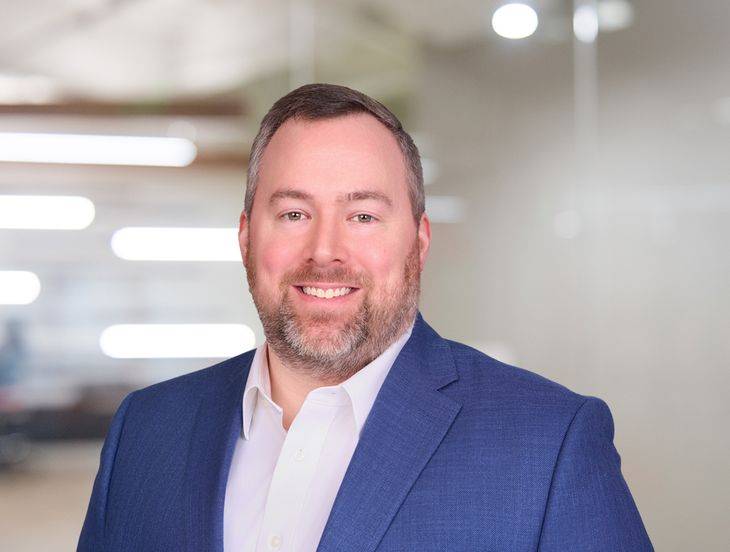Atlanta Now Requires Masks Inside Buildings: What Do Employers Need To Know?
Insights
7.09.20
Atlanta Mayor Keisha Lance Bottoms just issued an executive order requiring persons within the City of Atlanta to wear face masks in many circumstances. This July 8 order appears to conflict with Governor Kemp’s latest June 29 Executive Order that suspends enforcement of any county or municipal ordinance or order that is more or less restrictive than the statewide order, at least through July 15. Similar orders and ordinances have been issued by Athens-Clarke County, the City of East Point, and the City of Savannah. What do employers need to know about this order?
Atlanta Order Differs From Georgia’s Latest Order
Atlanta’s executive order is addressed to individuals, not to employers or entities. However, this doesn’t mean that employers have no role to play in ensuring compliance with the new requirements. Notable provisions in the Atlanta order that differ from the current statewide order include requirements that all persons within the jurisdiction of the City of Atlanta shall wear a mask or a cloth face covering over the nose and mouth when:
- inside a commercial entity or other building or space open to the public; and
- in an outdoor public space wherever it is not feasible to maintain appropriate social distancing from another person not in the same household.
The mask requirements do not apply to the following:
- any person younger than 10 years of age;
- any person with a medical condition or disability that prevents the wearing or a mask or face covering;
- any person while the person is consuming food or drink, or is smoking;
- any person in a personal motor vehicle;
- any person obtaining a service that requires temporary removal of the mask or face covering for security surveillance, screening, or a need for specific access to the face, such as while visiting a bank or while obtaining a personal care service involving the face or head, but only to the extent necessary for the temporary removal;
- any person while the person is in a swimming pool;
- any person who is voting, assisting a voter, serving as a poll watcher, or actively administering an election; and
- any person while the person is speaking for a broadcast or to an audience.
Finally, all gatherings of more than 10 individuals are prohibited on City of Atlanta property.
What Should Employers Do?
While the Atlanta order is arguably without legal force, businesses within the city may want to take a better-safe-than-sorry approach. You should consider requiring all employees who are not exempted from the requirements to wear a cloth face covering or non-medical surgical mask until further notice, consistent with CDC and OSHA guidance.
Remember, when requiring cloth face coverings or PPE, if an employee with a disability requests a reasonable accommodation under the ADA, you may still have to provide one. Businesses also can require customers to wear masks, but should be aware of the issues related to such a policy.
Before you require cloth face coverings, even though OSHA’s latest guidance indicates that OSHA’s PPE standard does not apply, you should:
- Perform a hazard assessment;
- Consider other alternative options to protect employees;
- Identify and provide cloth face coverings for employees as appropriate;
- Train employees in the use and care of cloth face coverings;
- Train employees how to clean and maintain cloth face coverings, including replacing worn or damaged cloth face coverings; and
- Revisit your hazard assessment periodically to ensure you are adequately protecting your workers through the proper selection of masks or, where appropriate, PPE.
Conclusion
Fisher Phillips will continue to monitor the rapidly developing COVID-19 situation and provide updates as appropriate. Make sure you are subscribed to Fisher Phillips’ Alert System to get the most up-to-date information. For further information, contact your Fisher Phillips attorney, any attorney in our Atlanta office, or any member of our Post-Pandemic Strategy Group Roster. You can also review our FP BEYOND THE CURVE: Post-Pandemic Back-To-Business FAQs For Employers and our FP Resource Center For Employers.
This Legal Alert provides an overview of a specific developing situation. It is not intended to be, and should not be construed as, legal advice for any particular fact situation
